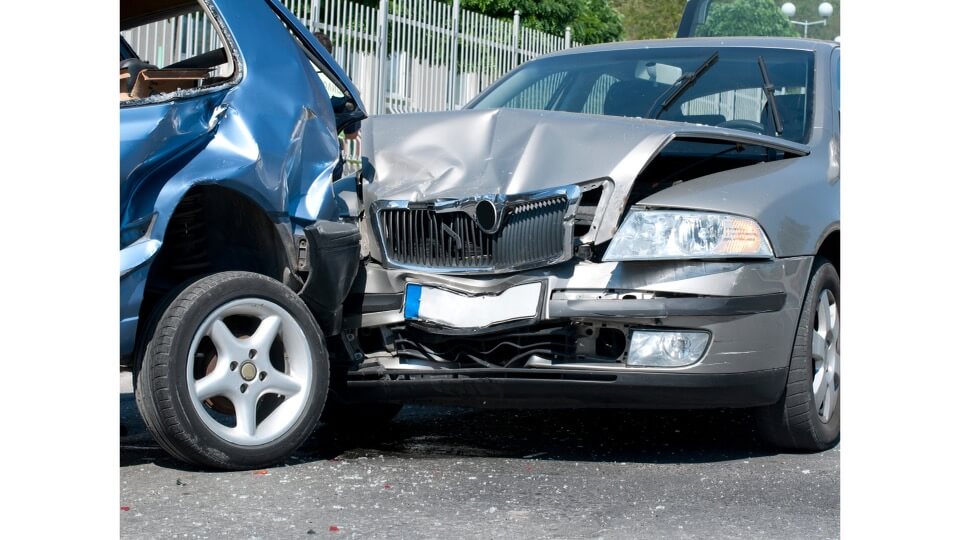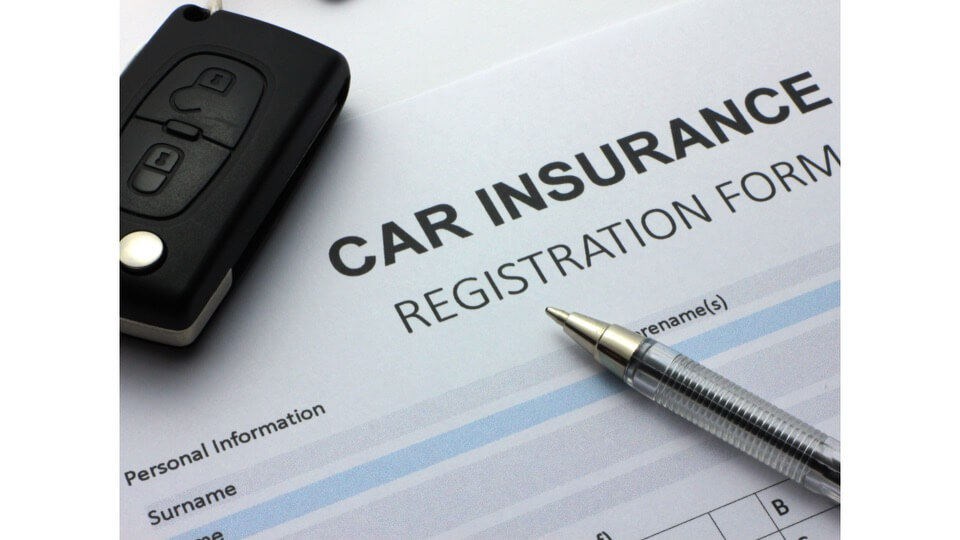On April 19, 2023, the Pennsylvania Supreme Court decided the case of Franks v. State Farm which held that a removal of a vehicle from a multiple vehicle insurance policy in which “stacked” coverage had been previously waived, the insurance company was not required to have the insured renew the stacking waiver.
This decision is one in a series which determine when an insurance company does and does not have to have new stacking waivers signed in order to have its insured waive rights to stacked underinsured coverage on a Pennsylvania Car Insurance Policy.

The Facts of the Case
The Franks purchased car insurance with State Farm for two vehicles, a Nissan Xterra and a Ford Taurus. They signed a valid waiver form in which they waived their rights to “stack” their Underinsurance Coverage of $100,000 per person $300,000 per accident which would have multiplied the coverage by the number of vehicles insured on the policy.
Later the Franks added a new vehicle and signed a new waiver. Thereafter, the Franks removed the Taurus from the Policy but State Farm did not have another stacking waiver signed. Finally, the Franks replaced the Xterra with a Nissan Frontier but no additional stacking waiver was signed.
About a year later, Mr. Frank was driving the Frontier and was seriously injured in an accident caused by another driver’s negligence. The other driver had insufficient coverage to compensate Mr. Frank so he brought an Underinsurance claim against State Farm. As part of the claim, Mr. Frank disputed the validity of the stacking waiver and claimed the right to stack his benefits because State Farm did not have him sign a new waiver after the recent changes to his policy in dropping a vehicle and substituting a vehicle.

The Legal Controversy
The dispute in the the Frank v. State Farm case was whether or not State Farm had been required to have new waiver forms signed which the Franks made changes to their policy. Section 1738 of the Pennsylvania Motor Vehicle Responsibility Law provides that Underinsurance coverage is “stacked” unless a valid waiver form is signed.
To that end, the Pennsylvania courts have had to wrestle with the issue of what policy changes do and do not require a new waiver.
The Decision
The Supreme Court decided the Franks v. State Farm case in favor of State Farm, finding that a new stacking waiver was not required. The Court reasoned that the removal of a vehicle from the policy which did not disturb the coverage remaining on the policy did not constitute a “purchase” triggering a renewed requirement to offer or require express waiver of previously waived stacked Underinsurance coverage.

The Lesson
The issue of whether or not car insurance coverage can be stacked can be of critical importance after a car accident. Unfortunately, it is often the case that an accident causes significant injuries and damages but the person who caused it has insufficient insurance coverage to pay for the damages. In these cases, the injured party can make a claim on his/her own Underinsurance coverage to be fully compensated. Then, for multiple vehicle policies, the issue becomes whether or not there is stacked coverage which multiplies the coverage limit by the number of vehicles.
Many people take there insurance company at its word concerning whether or not stacking applies.
A wiser course of action is to have your lawyer investigate that issue to make sure that the insurance company is correct. Sometimes, the insurance company will not have valid waivers on file or has failed to get new waivers signed when certain changes were made to the policy, so it’s advisable to investigate before giving up on the possibility of stacking Underinsured coverage.
Additionally, as a Car Accident Lawyer, I strongly recommend that you check your Car Insurance Policy to make sure you have stacking. If you don’t, please contact your agent and make the change immediately to protect yourself and your family.

Tim Rayne is a Pennsylvania Car Accident and Personal Injury Lawyer who helps people injured in accidents understand their legal rights and receive fair treatment from insurance companies. You can contact Tim at 610-840-0124 or trayne@macelree.com or check out his website www.TimRayneLaw.com.
